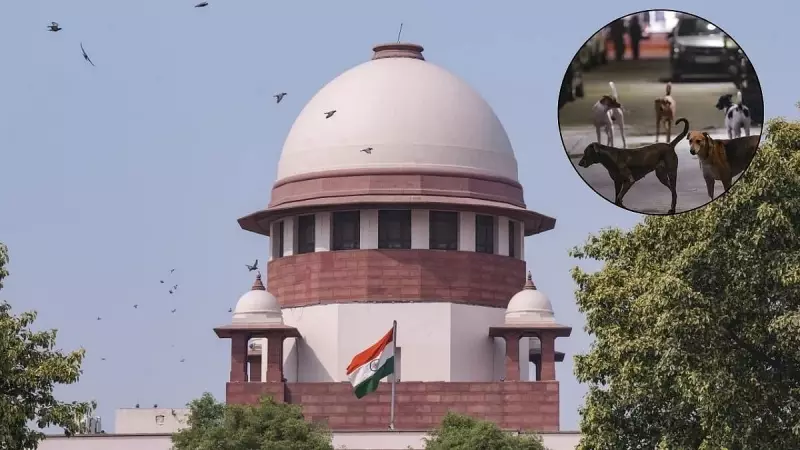
In a landmark decision addressing India's escalating public health concern, the Supreme Court has issued a crucial directive to curb the alarming rise in dog bite incidents across the nation. The apex court has mandated the immediate removal of stray dogs from the premises of educational institutions and healthcare facilities.
A Growing National Health Crisis
The judicial intervention comes as statistics reveal a disturbing upward trend in dog attack cases, creating what many health experts are calling a silent epidemic. The court's order specifically targets locations housing vulnerable populations - children in schools and patients in hospitals - who face the highest risk of injury and infection from such incidents.
Supreme Court's Firm Stance on Public Safety
Expressing serious concern over the deteriorating situation, the bench emphasized that public safety cannot be compromised. "The protection of citizens, particularly children and those seeking medical care, must be prioritized," the court observed during proceedings.
Key Directives Include:
- Immediate evacuation of stray dogs from school compounds
- Clearance of hospital premises from canine populations
- Implementation of effective sterilization programs
- Development of comprehensive animal birth control mechanisms
Balancing Animal Welfare and Human Safety
While addressing the immediate threat to human health, the court also acknowledged the importance of humane treatment of animals. The ruling emphasizes that removal operations must be conducted following proper animal welfare guidelines, with sterilization and vaccination remaining integral components of the long-term solution.
The Road Ahead for Local Authorities
Municipal corporations and local governing bodies across Indian states have been directed to execute the court's orders promptly. The decision marks a significant step toward creating safer public spaces while addressing the complex challenge of urban animal management.
This judicial move is expected to trigger coordinated efforts between health departments, municipal authorities, and animal welfare organizations to find sustainable solutions to this pressing issue that affects millions of Indians daily.





